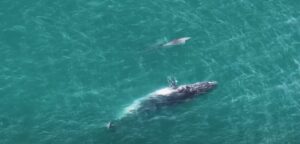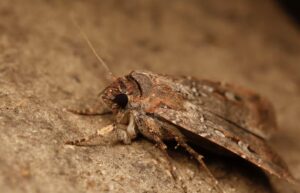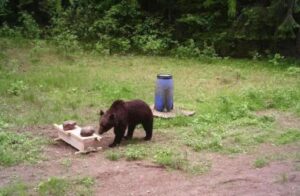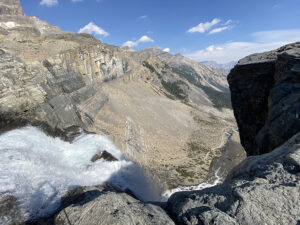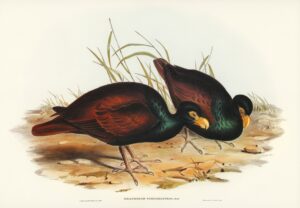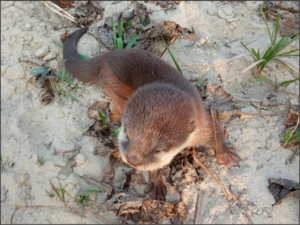As the days get hotter across Europe, the Alpine ibex’s behavior and daily routines are changing.
A research team from Sardinia has been using GPS trackers to monitor the daily movements of the goats between May and October since 2006. They tracked 47 goats across two national parks and amassed 13 years of data.
Typically, ibex make their way down the mountains during the day to feed at lower altitudes. But this is happening less and less.

A family of alpine ibex. Photo: Shutterstock
Heat more pressing issue than predators
Instead, the goats are often foraging at night, even in areas with high concentrations of nocturnal predators. There is minimal cover in the areas where ibex feed and wolves patrol these areas at night. The ibex seem to have decided that avoiding the heat is more crucial than avoiding predators.
“We expected higher levels of nocturnal activity in Switzerland where wolves [one of the ibex’s main predators] were absent, but we found the opposite. We found that activity is higher in the areas with wolves,” co-author Francesca Brivio told The Guardian.
Nocturnal activity brings other risks too. Navigating steep mountain faces is significantly harder in the dark, and the goats are not particularly well-adapted to a nocturnal lifestyle.
“Their movement in the rocky slopes where they live is probably more difficult [at night], which could make the foraging and foraging strategies less efficient,” Brivio explained.

Alpine ibex. Photo: Shutterstock
Our changing climate is forcing many species to adapt. However, researchers are worried that the ibex are making themselves both more susceptible to predation and less able to feed properly in the dark.
Ibexes are particularly vulnerable because of their low genetic diversity. During the 1800s, numbers dropped dramatically because of hunting. At one point, only 100 wild individuals remained. Hunting bans helped numbers rebound, and there are now tens of thousands of Alpine ibex in Europe.

